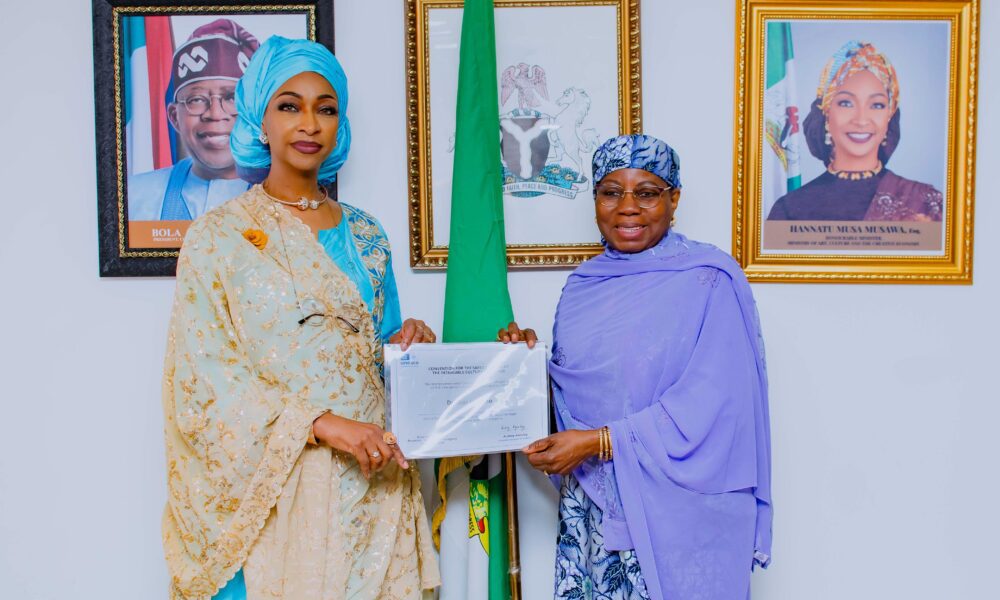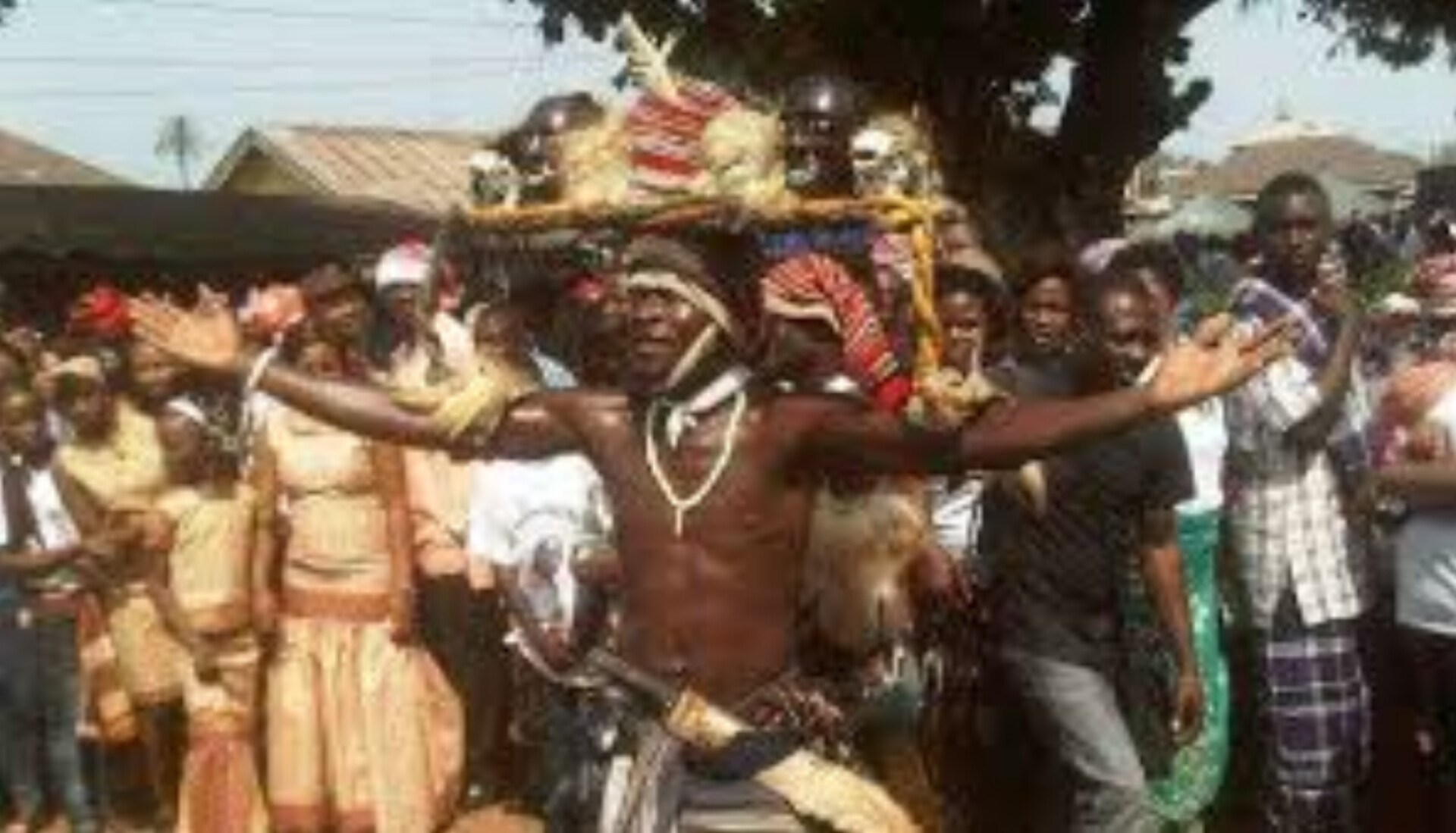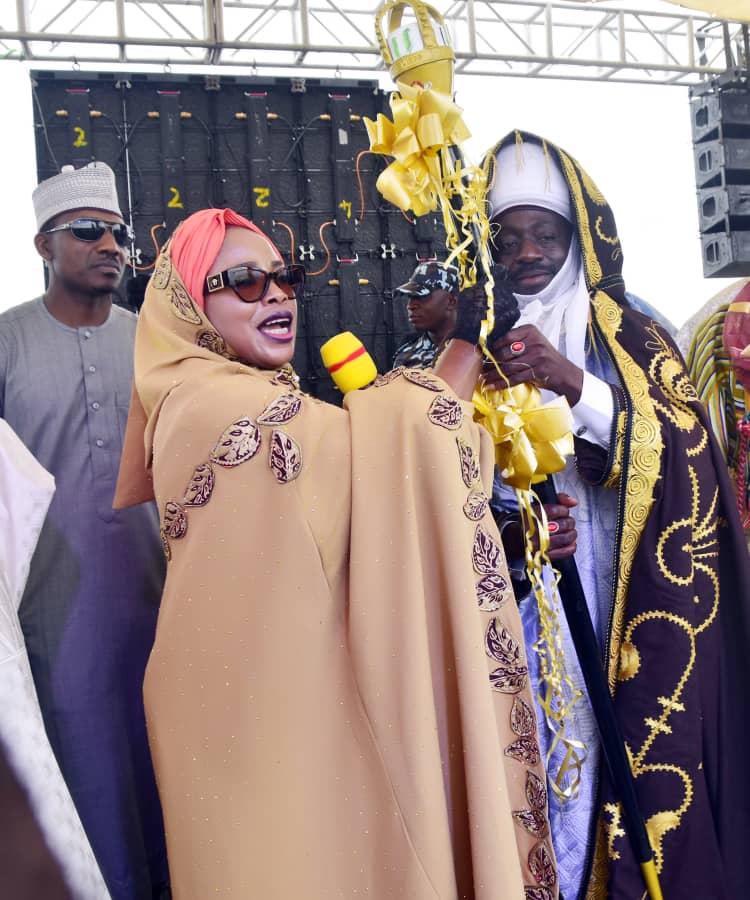The Kano Durbar Festival has officially been inscribed on the UNESCO Representative List of the Intangible Cultural Heritage of Humanity, a significant achievement for Nigeria’s cultural landscape.
This prestigious recognition was celebrated during a ceremony in Abuja, where the Minister of Art, Culture, Tourism and Creative Economy, Barrister Hannatu Musa Musawa, received the certificate of inscription from Dr. Hajo Sani, Nigeria’s Permanent Delegate to UNESCO.
Special Adviser on Media and Publicity, Dr. Nneka Ikem Anibeze in a state indicated that the UNESCO inscription highlighted the cultural importance of the Durbar festival, which celebrates the historical and cultural significance of Kano, uniting the people through music, dance, and rich traditional practices.
“The event is one of Nigeria’s most iconic celebrations, drawing thousands of participants and tourists to the region every year.”

Dr. Sani praised the effort of the Nigerian government in securing the recognition, noting that it brings numerous benefits to both the country and local communities.
She stressed that this achievement adds to Nigeria’s growing collection of intangible cultural heritages, bringing the total to eight such inscribed elements.
“Having the Kano Durbar on the UNESCO list is a huge milestone for Nigeria,” Dr. Sani said. “It not only celebrates the beauty and unity of the festival but also creates opportunities for the preservation and promotion of cultural heritage.”
Minister Musawa expressed her commitment to promoting Nigeria’s cultural heritage on the global stage, emphasizing that the inscription provides an opportunity to attract international tourists and foster economic growth through cultural tourism.
She highlighted the need for more Nigerian cultural elements to be recognized by UNESCO, stressing that such recognitions bring both international prestige and tangible benefits to the local economy.

“We are proud that the Kano Durbar is now recognized globally,” Musawa remarked. “This is just the beginning. We aim to expand Nigeria’s presence on the UNESCO list and use our cultural resources to strengthen our economy and create job opportunities through tourism and creative industries.”
The inscription of the Kano Durbar Festival is a testament to Nigeria’s rich and diverse cultural heritage, showcasing the nation’s potential to use its cultural assets to create positive social and economic change.
The festival, known for its majestic processions, colorful costumes, and traditional horsemanship, will now enjoy greater international recognition, further cementing its place as a cultural treasure of humanity.



